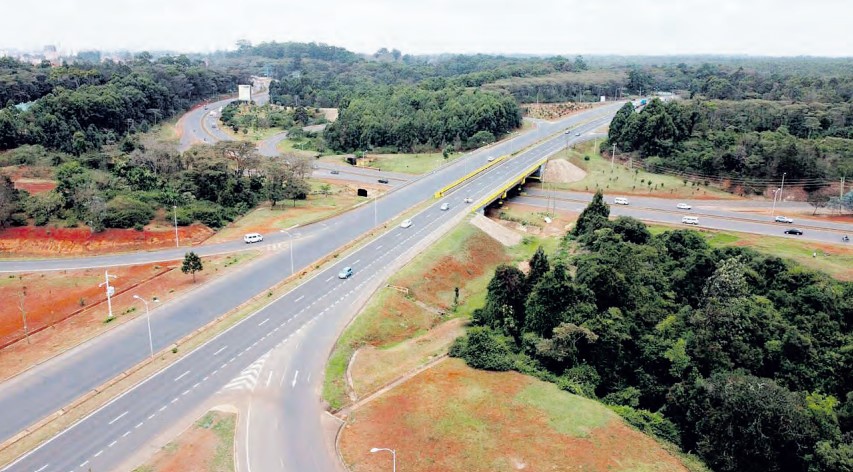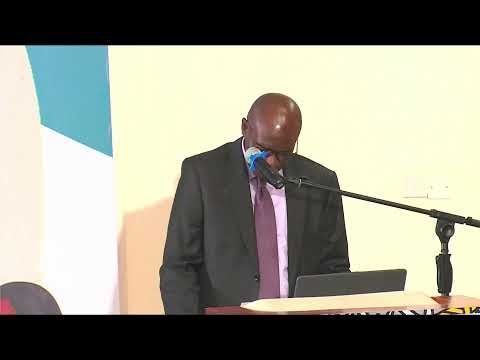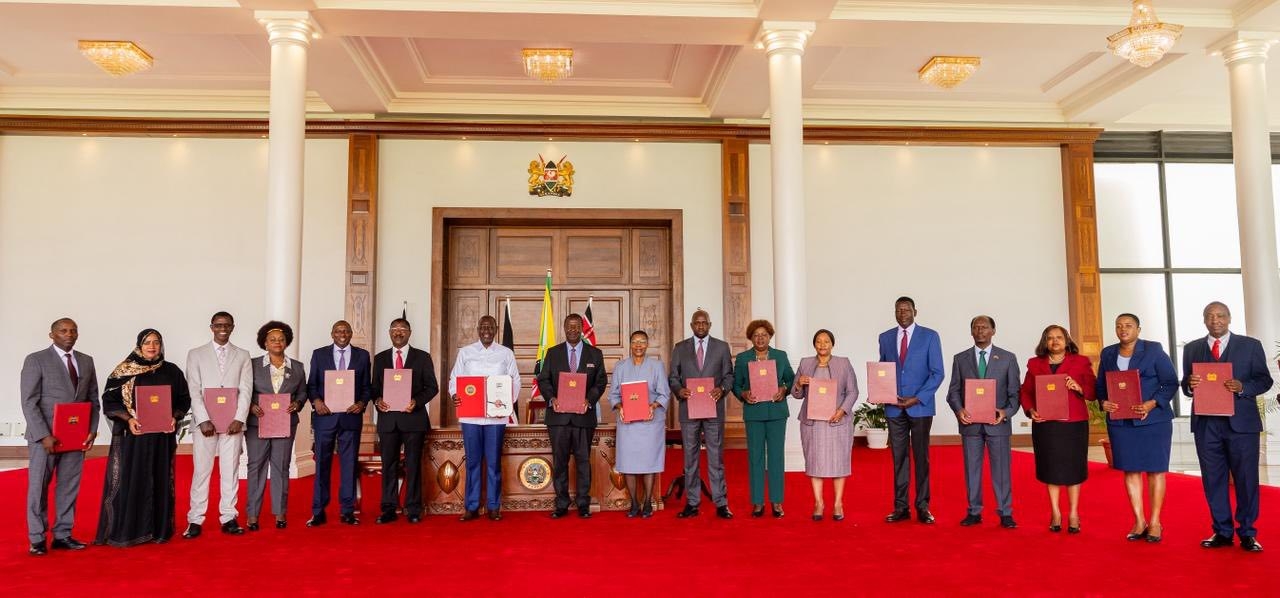
The government has escalated plans to introduce toll charges on major roads in a broad strategy to manage infrastructure budget shortfalls.
A new policy proposed by the Transport Ministry says tolls will be introduced on roads which require user charges to be financially viable.
This would thus apply to newly constructed roads and those on crossings involving other means of transport.
The Draft Tolling Policy also suggests that roads, which have been improved ‘relative to their previous standard’, would also be considered for tolling.
Thoroughfares of a higher quality, for instance, those offering multiple lanes and heightened safety modifications are also likely to be tolled.
Roads which may not have been recently improved but are better than other roads or have facilities that improve motorists’ experience will also attract toll charges.
In the new dispensation, there would be no alternative options – as in, all users would be required to pay, or face charges.
“Roads where tolls are collected will not be required to have dedicated tollfree alternative routes,” the draft policy reads.
The government says it would, however, consider public acceptability and mitigate it by offering discounts and a phased introduction of tolls.
Roads agency Kenha said the government will introduce tolling on major highways including Nairobi Southern Bypass, Nairobi-Nakuru-Mau Summit highway and Thika Superhighway.
The document says the Kenol-Sagana-Marua Road and Mombasa’s Dongo Kundu bypass will have toll charges in efforts to secure funding for road maintenance and development.
Toll revenues will be used to fund major road projects, including the dualisation of the Rironi-Nakuru-Mau Summit route and the construction of the Nairobi-Mombasa Expressway.
“Toll operators will be entitled to impose a penalty fee on vehicles failing to pay tolls and may be required to support the road operator in levying fines on overloaded vehicles and other offences as defined in law,” the policy says.
The idea is, tolling will be implemented by Public-Private Partnerships where, private investors would finance, build and maintain the roads in exchange for toll revenues.
“As a guideline, roads with at least 5,000 vehicles per day and a significant proportion of freight traffic will be considered as candidates for tolling,” the policy says.
Presently, only the Nairobi Expressway – a 27-km stretch connecting the city to the Jomo Kenyatta International airport, attracts toll charges.
It was built under a PPP framework entered into between the government and China Roads and Bridges Corporation, the firm that built the Standard Gauge Railway.
The multi-billion shillings project has been praised as the first successful self-financing infrastructure.
“This policy aims to replicate these benefits of tolling as a solution to meeting the funding shortfall in road development...,” said Transport CS Davis Chirchir.













